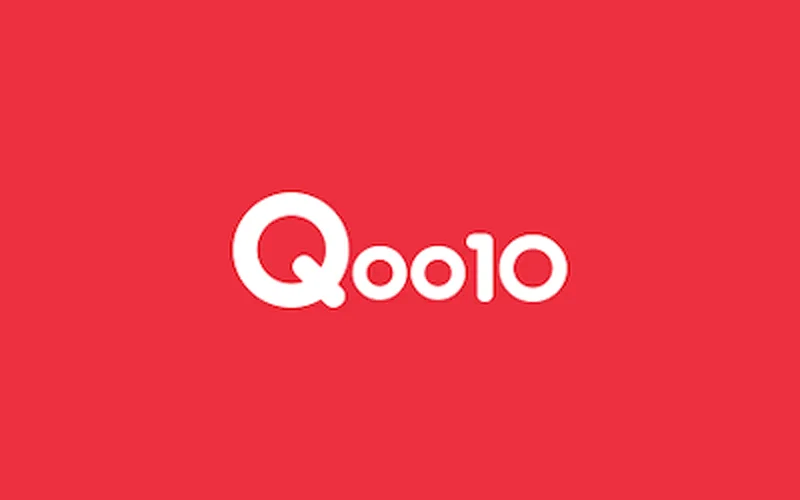
E-Commerce in recent years has become the paramount of convenience, growth, and global reach, allowing for bountiful opportunities. Yet, recent events that followed Qoo10 such as their South Korean platforms filing for bankruptcy, and more recently the delayed payments that hit Singaporean sellers, remind us of the hidden risks that come with operating in this digital space. E-commerce is highly influenced by economic outlook and is heavily dependable on the platform it runs on. As e-commerce grows, so will the risks associated with these factors. Sellers who rely too heavily on a single platform for revenue can be subjected when problems develop, as we see from Qoo10’s recent issues.
This unfortunate event exemplifies not just the uncertainty that might surround e-commerce platforms, but also the broader threats that economic shifts bring to online retailers. In an economic slump, these risks become more evident, making it critical for e-commerce sellers to be cautious and diversify.
Qoo10

Qoo10 is an e-commerce platform originated from South Korea, which then rapidly expanded to the Southeast Asian market. When internet buying gained popularity in Singapore, Qoo10 became the pioneering e-commerce platform of its time. In recent years however, Qoo10 faced a decline in users as they shifted to other more favored platforms. The pitfall of Qoo10 first occurred when the Seoul-based platforms halted payments to their South Korean merchants. Sellers on the platform reported delays in receiving payments in July of this year, leaving many scrambling to manage cash flow while waiting for their earnings. As of September 23rd, the Monetary Authority of Singapore (MAS) even went as far as to halt payment services on the platform in the country. Such sort of disruption can be detrimental for smaller businesses, which sometimes lack the financial cushions required to withstand such sudden halt in revenue. This incident serves as a stark reminder for sellers of the instability of an e-commerce platform to your business.
Tips on how to be cautious as an E-Commerce seller
For e-commerce sellers, especially those just starting out or reliant on a single platform, being cautious is key to avoiding detrimental disruptions like those seen with Qoo10. Here are a few important steps you should keep in mind to safeguard your business:
- Diversify your sales channels
Selling on multiple platforms can provide you with a safety net in case one platform experiences issues. While e-commerce giants like Shopee and Lazada seem like a safer option due to its popularity and large consumer base, it is wise to also consider other platforms as well, for instance social media marketplaces. This reduces dependency on one source of income and at the same time you are able to reach a wider circle of users.
2. Maintain financial reserves
Keeping a buffer of cash on hand can be a lifesaver in situations where payments are delayed. This allows you to continue operating without resorting to loans or cutting essential costs.
3. Monitor payment terms and policies
As much as we hate to admit it, we always tend to skim through lengthy terms and policies without fully understanding them. This mistake is oftentimes overlooked but let this be a reminder to always be aware of the payment schedules and terms of service on your chosen e-commerce platforms. Understanding how long it takes to receive payments can help you plan your cash flow and reduce unpleasant surprises. Furthermore, policies regularly undergo changes so always ensure that you are up-to-date with the latest one.
4. Regularly Review Platform Performance
If you do notice any delays in payments or technical issues, it might be time to reconsider whether the platform is still a good fit for your business. Stay informed by joining seller communities or forums where other sellers share their experiences and advice.
5. Invest in Your Own Website
While e-commerce platforms are convenient, they shouldn’t be your sole presence online. Consider building your own website with integrated payment systems, so you have full control over transactions. This also gives you the chance to establish a direct relationship with customers, away from platform limitations.
One of the most important takeaways from the Qoo10 situation is the risk that comes from solely depending on a single platform for your business. Putting all of your eggs in one basket can seem convenient, but should that basket break, it could take your entire business with it. The ongoing investigation into Qoo10’s payment delays has shaken many Singaporean sellers, revealing just how vulnerable e-commerce businesses can be when things go wrong. As we face an uncertain global economy, e-commerce sellers must remain vigilant and take proactive steps to safeguard their businesses. Whether through diversification, financial planning, or building alternative sales channels, sellers need to avoid putting all their trust in a single platform.
The world of e-commerce is full of opportunities, but with those opportunities come risks that can catch sellers off guard. By being cautious, informed, and diversified, sellers can navigate these risks and ensure their businesses continue to thrive, no matter what challenges the market presents.